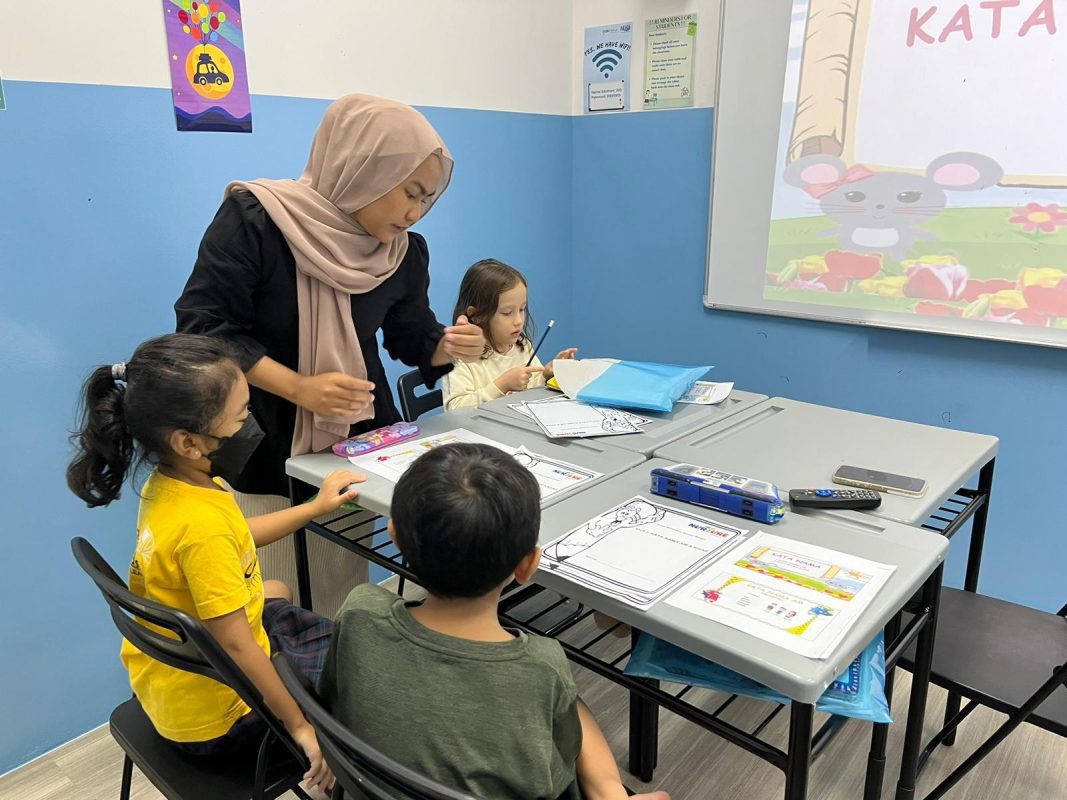Helping your child develop better study habits is one of the most important ways to support their education. Good study habits can lead to better academic performance, greater confidence, and a more organised approach to life. As a parent in Singapore, you can play a big role in shaping these habits. Here are some practical tips to help your child succeed.
Create a Conducive Study Environment
The right environment makes a big difference in how well your child can focus on their studies.
- Choose a quiet spot: A quiet, well-lit place with minimal distractions is ideal for studying.
- Keep it organised: Make sure the study area has all the necessary tools like notebooks, pens, and a computer.
- Limit distractions: Turn off the TV, silence mobile phones, and encourage your child to avoid social media during study time.
A clean and focused space encourages your child to stay on track.
Set a Routine
Having a regular schedule can help children build discipline and improve their focus.
- Pick consistent study times: Whether it’s right after school or after dinner, sticking to a routine helps.
- Include breaks: A 5–10-minute break after every 30–40 minutes of studying can refresh their mind.
- Balance other activities: Ensure there is time for play, exercise, and rest to keep your child healthy and energised.
Consistency helps children feel more in control and reduces last-minute stress during exams.

Encourage Goal Setting
Setting clear goals helps children stay motivated.
- Start small: Encourage short-term goals like finishing one chapter today or mastering a specific skill.
- Track progress: Use a checklist or calendar to mark completed tasks.
- Celebrate success: Acknowledge their efforts, even for small achievements.
This approach teaches children the value of planning and working towards goals.
Promote Active Learning Techniques
Active learning makes studying more effective and engaging.
- Use tools: Mind maps, flashcards, and diagrams can help simplify information.
- Ask questions: Encourage your child to ask questions about topics they don’t understand.
- Summarise information: Teach them to write short summaries in their own words.
These techniques make learning more interactive and easier to remember.
Foster a Positive Attitude Towards Learning
Your attitude can shape how your child views studying.
- Encourage curiosity: Show interest in their subjects and ask them what they’ve learned.
- Avoid pressure: Focus on effort, not just results.
- Learn from mistakes: Teach your child that mistakes are part of the learning process.
A positive environment reduces stress and builds confidence in your child.
Monitor and Support Progress
Regular involvement in your child’s studies shows them that you care.
- Review their work: Go through their homework or test results to identify areas of improvement.
- Offer help: Guide them when they struggle but avoid doing the work for them.
- Give feedback: Offer constructive comments and encouragement.
Being involved shows your child that they are not alone in their academic journey.

Consider Tuition Classes
For many Singaporean parents, tuition classes is a popular way to give their child extra academic support.
- When to consider tuition: If your child struggles in specific subjects or needs help catching up, tuition can help.
- Benefits of tuition: Smaller class sizes and personalised attention can make learning more effective.
- Choose wisely: Look for tuition centres with good reviews and teachers experienced in the subjects your child needs help with.
Tuition classes can complement your child’s school learning and boost their confidence.
Lead by Example
Children learn a lot by observing their parents.
- Show good habits: Read books, plan your day, or manage your time well.
- Be involved: Show interest in their studies by discussing what they are learning.
- Share your experiences: Talk about how you overcame challenges in your own studies.
When you set a good example, your child is more likely to follow suit.
Conclusion
Helping your child develop better study habits takes time and patience. By creating the right environment, setting routines, and encouraging positive attitudes, you can guide them towards success. Consider tuition classes if extra help is needed and always stay involved in their learning journey. With your support, your child can build lifelong skills that will serve them well beyond their school years.

